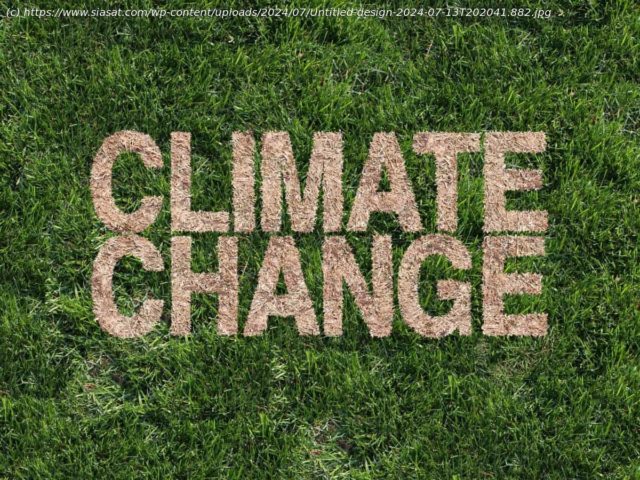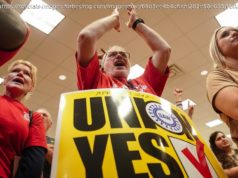India rejected the new climate finance package of a meagre USD 300 bn annually by 2035 for the Global South at the UN climate conference.
Baku: The voices of the most vulnerable were sidelined, human rights and civil society participation ignored, and accountability swept under the rug, say climate advocates on the conclusion of two-week UN climate change negotiations on Sunday with countries adopting a $300 billion a year global finance target to help poorer nations.
They say the package on mitigation, adaptation, and finance fails to deliver on the promises of the Paris Agreement and leaves the most vulnerable to pay the price for this inaction.
The UN Climate Change Conference (COP29) closed with a new finance goal to help countries to protect their people and economies against climate disasters, and share in the vast benefits of the clean energy boom.
With a central focus on climate finance, COP29 brought together nearly 200 countries in Baku, Azerbaijan, and reached a breakthrough agreement that will: Triple public finance to developing countries, from the previous goal of $100 billion annually, to $300 billion annually by 2035 and secure efforts of all actors to work together to scale up finance to developing countries, from public and private sources, to the amount of $1.3 trillion per year by 2035.
Responding to outcomes, a negotiator told IANS, “2024, the hottest year on record, marks the moment at which rich countries like the US and Japan pulled purse strings tight on the poor and fossil fuel-driven economies like Saudi Arabia attempted to splinter the global coalition in support of climate action, leaving the world’s most vulnerable to find the compromises. But despite those headwinds and a chaotic process, a deal was done.”
Chiara Martinelli, Director at Climate Action Network (CAN) Europe, said the EU and rich countries have failed to deliver for the most vulnerable.






